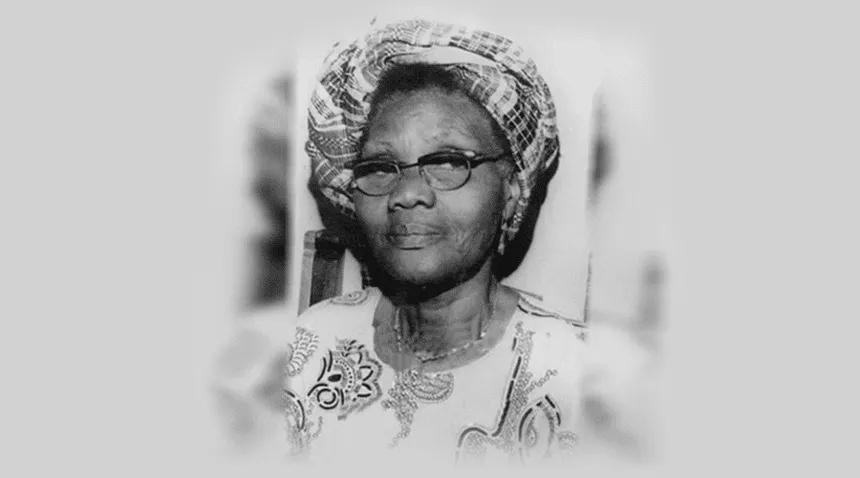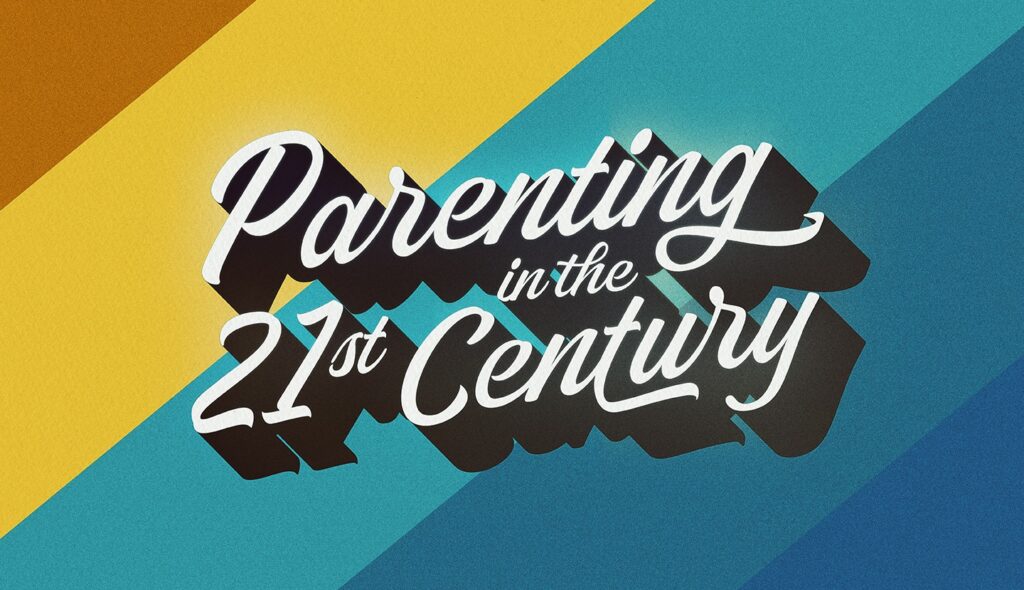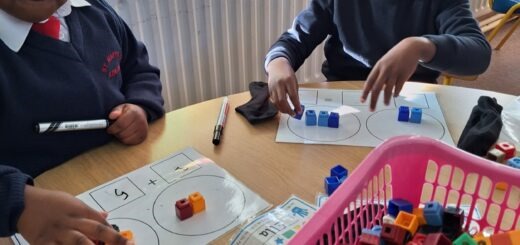As we celebrate this year International Women’s Day. It’s important to remember our icons. Nigeria boasts a rich tapestry of history and culture, woven by the remarkable achievements of its people. Women are the integral part of the sociaty and today, we celebrate six such icons whose contributions have left an indelible mark on our dear nation and beyond.
1. Funmilayo Ransome-Kuti: A pioneer of the women’s rights movement in Nigeria, Ransome-Kuti fought for equality and justice. She founded the Abeokuta Women’s Union, a powerful force that challenged unfair taxes and advocated for women’s political participation.
2. Dora Akinluyi
A tireless advocate for education, Akinluyi dedicated her life to improving access to quality learning for all Nigerians. She was a leading figure in the teacher’s union movement and championed policies that empowered educators. Amongst the several hats she wears was the Director General of NAFDAC of Nigeria from 2001 to 2008.
Akunyili had a special motivation for attacking the country’s counterfeit drug problem and this is because, in 1988, she had watched her sister aged 21, die after being given injections of fake insulin as part of regular diabetes treatment. She put together a team of mostly female pharmacists and inspectors and started a war against counterfeit drugs that saw many open-air medicine markets across the country closed down. Including one in Kano State after her officers confiscated £140,000 worth of fake drugs. The agency, under her leadership, broadcast jingles on radio and television to make the public aware of the dangers of substandard drugs and to encourage people to report suspicious drugs while also publishing lists of counterfeit products regularly in the newspapers.
In July 2003, the International Children’s Heart Foundation visited Nigeria to operate on sick children at a teaching hospital in Enugu. After four children died in what appeared to be a case of counterfeit medical supplies, and despite being confronted with what seemed to be a hospital cover-up, Akunyili confiscated supplies and found fake adrenalin, fake muscle relaxant and infected intravenous drips. As of June 2006, she was reported to have secured convictions for 45 counterfeiters with 56 cases pending. Her efforts led to increased public awareness about counterfeit drugs and more direct and purposeful surveillance at Nigerian customs.
She died of Cancer in India. May her gentle soul rest in peace.
3. Margaret Ekpo
A fearless nationalist and social reformer, Ekpo played a pivotal role in Nigeria’s anti-colonial struggle. She co-founded the Nigerian Women’s Union and fought for women’s suffrage and economic opportunities.
Margaret Ekpo’s awareness of growing movements for civil rights for women around the world prodded her into demanding the same for the women in her country and to fight the discriminatory and oppressive political and civil role colonialism played in the subjugation of women. She felt that women abroad including those in Britain, were already fighting for civil rights and had more voice in political and civil matters than their counterparts in Nigeria. She later joined the decolonization-leading National Council of Nigeria and the Cameroons (NCNC), as a platform to represent a marginalized group.
In the 1950s, she also teamed up with Funmilayo Ransome-Kuti to protest killings at an Enugu coal mine; the victims were leaders protesting colonial practices at the mine. In 1953, Ekpo was nominated by the NCNC to the regional House of Chiefs, and in 1954 she established the Aba Township Women’s Association. As leader of the new market group, she was able to garner the trust of a large number of women in the township and turn it into a political pressure group. By 1955, women in Aba had outnumbered male voters in a citywide election.
Margaret Ekpo won a seat to the Eastern Regional House of Assembly in 1961, a position that allowed her to fight for issues affecting women at the time. In particular, there were issues on the progress of women in economic and political matters, especially in the areas of transportation around major roads leading to markets and rural transportation in general.[13]
She inspired a generation of African women to engage with politics, run for office and petition government.
( membership) women supporting women)
4. Gambo Sawaba
A powerful voice for women’s rights in northern Nigeria, Sawaba defied societal norms and challenged political corruption. She became the first woman to run for political office in northern Nigeria and her legacy continues to inspire activists today.
Sawaba has been involved in politics since she was 17. During that time, Northern Nigeria was dominated by the Northern People’s Congress, which had the support of the Emirs and British Colonial Authority but she joined the opposition group Northern Element Progressive Union (NEPU). She was a campaigner against underage marrages, and forced llabor andan advocate for Western education in the nNorth
Gambo made a name for herself when at a political lecture during her career in the North, she climbed up and spoke out in a room full of men. She was mentored by Funmilayo Ransome-Kuti and traveled to meet her in Abeokuta years later. She is widely regarded as the pioneer of fighting for the liberation of northern women. Sawaba was not her birth name. Meaning freedom or redemption, it was given to her by her political mentor, Malam Aminu Kano, after she had been elected president-general of NEPU’s women’s wing.
5. Chimamanda Ngozi Adichie
A literary icon and social commentator, Adichie’s captivating storytelling sheds light on contemporary Nigerian experiences. Her novels explore themes of identity, gender, and belonging, captivating audiences worldwide.
Adichie published Decisions, a collection of poems in 1997, and For Love of Biafra, a play in 1998, using the pen name Amanda N. Adichie. Her short story “My Mother, the Crazy African” according to Adichie was a story dating from when she was a college senior living in Connecticut, and discusses the problems that arise when a person is facing two cultures that are complete opposites of each other.
Her first novel, Purple Hibiscus (2003) received international critical acclaim; it was shortlisted for the Orange Prize for Fiction (2004) and the Commonwealth Writers’ Prize for Best First Book (2005).
Her second novel Half of a Yellow Sun (2006), named after the flag of the short-lived nation of Biafra, is set before and during the Nigerian Civil War. Adichie’s grandfather reportedly died in a refugee camp during the war and she has said that her book was a tribute to him. In 2008, she published a short story called “A Private Experience” in which two women from different cultures learn to understand each other in the middle of a crisis.
Adichie’s original and initial inspiration came from Chinua Achebe after reading his 1958 novel Things Fall Apart at the age of 10. Adichie has said that she realized that people who looked like herself could “live in books” while reading Achebe’s novels. She has also named Buchi Emecheta as a Nigerian literary inspiration, upon whose death Adichie said: “Buchi Emecheta. We can speak because you first spoke. Thank you for your courage.
( At 10 years she was doing that, as a mother what are you exposing your children to?) Are they just consuming cartoons, photography? What are the rules you are playing as a mother towards the great future of your children?
6. Ngozi Okonjo-Iweala: A renowned economist and international leader, Okonjo-Iweala has shattered glass ceilings throughout her career. She served as Nigeria’s Finance Minister and became the first woman and first African to lead the World Trade Organization, promoting global trade and development.
born 13 June 1954 is a Nigerian-American economist, who has been serving as the Director-General of the World Trade Organization since March 2021. Notably, she is the first woman and first African to lead the World Trade Organization as Director-General.
She was previously on the boards of Danone, Standard Chartered Bank, MINDS: Mandela Institute for Development Studies, Carnegie Endowment for International Peace, Georgetown Institute for Women, Peace and Security, One Campaign, GAVI: Global Alliance for Vaccines and Immunization, Rockefeller Foundation, R4D: Results for Development, ARC: African Risk Capacity and Earthshot Prize plus others.
She also previously sat on the Twitter Board of Directors and stepped down in February 2021 in connection with her appointment as Director-General of the World Trade Organization.
These remarkable women represent just a glimpse of the nation’s wealth of talent and achievement. Their dedication, courage, and resilience continue to inspire generations to come. They are truly Our icons.
May we know great women, May we meet great women. May we become great women. Happy international Womens



